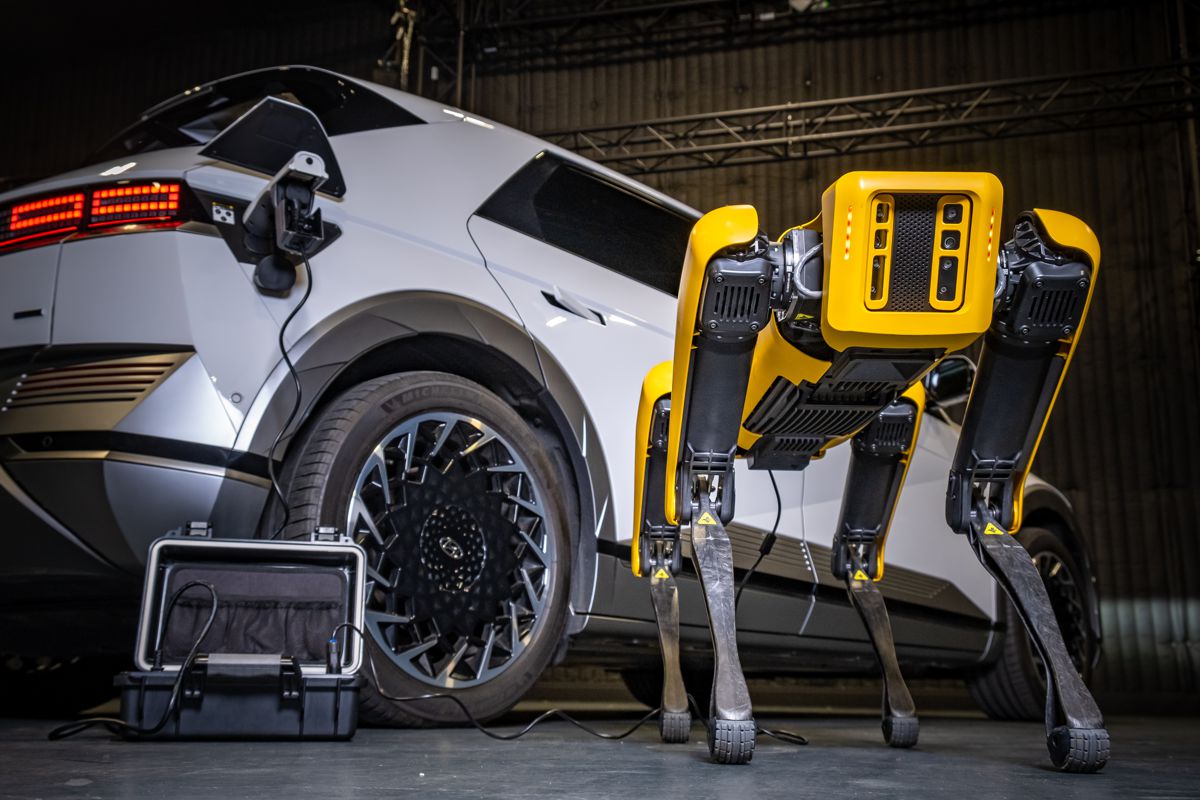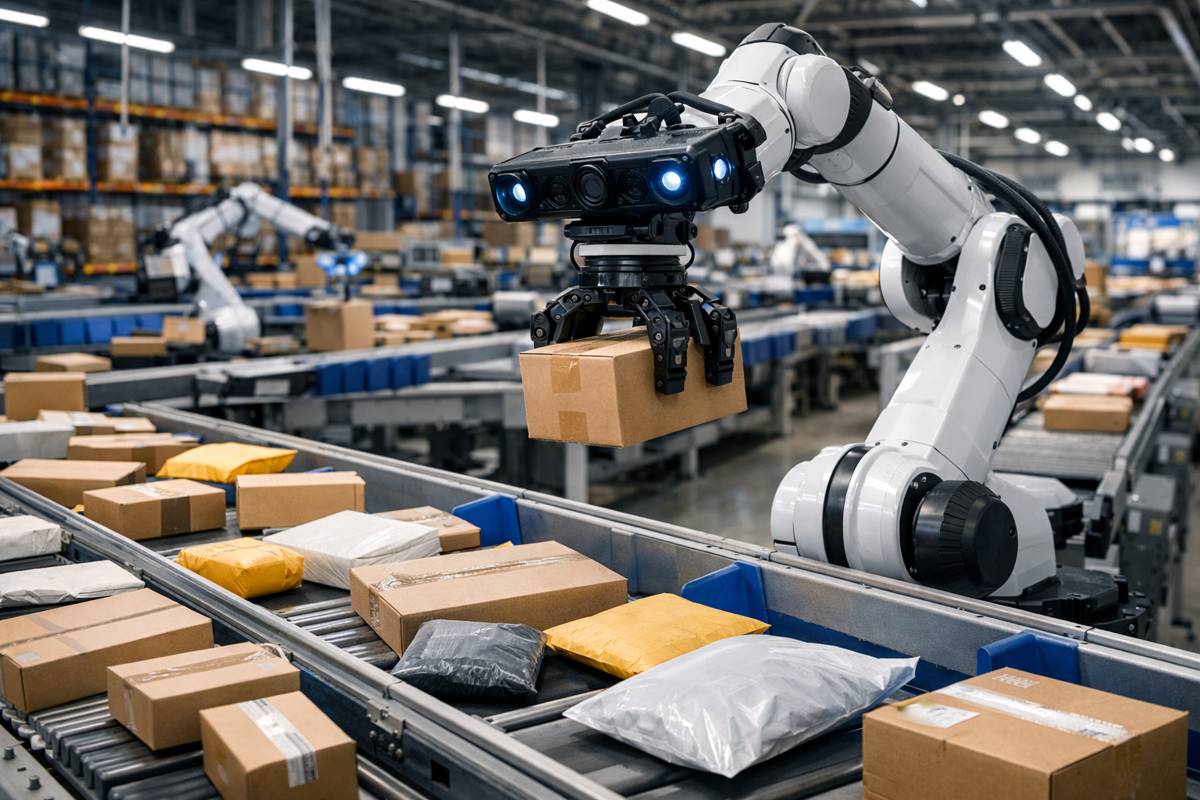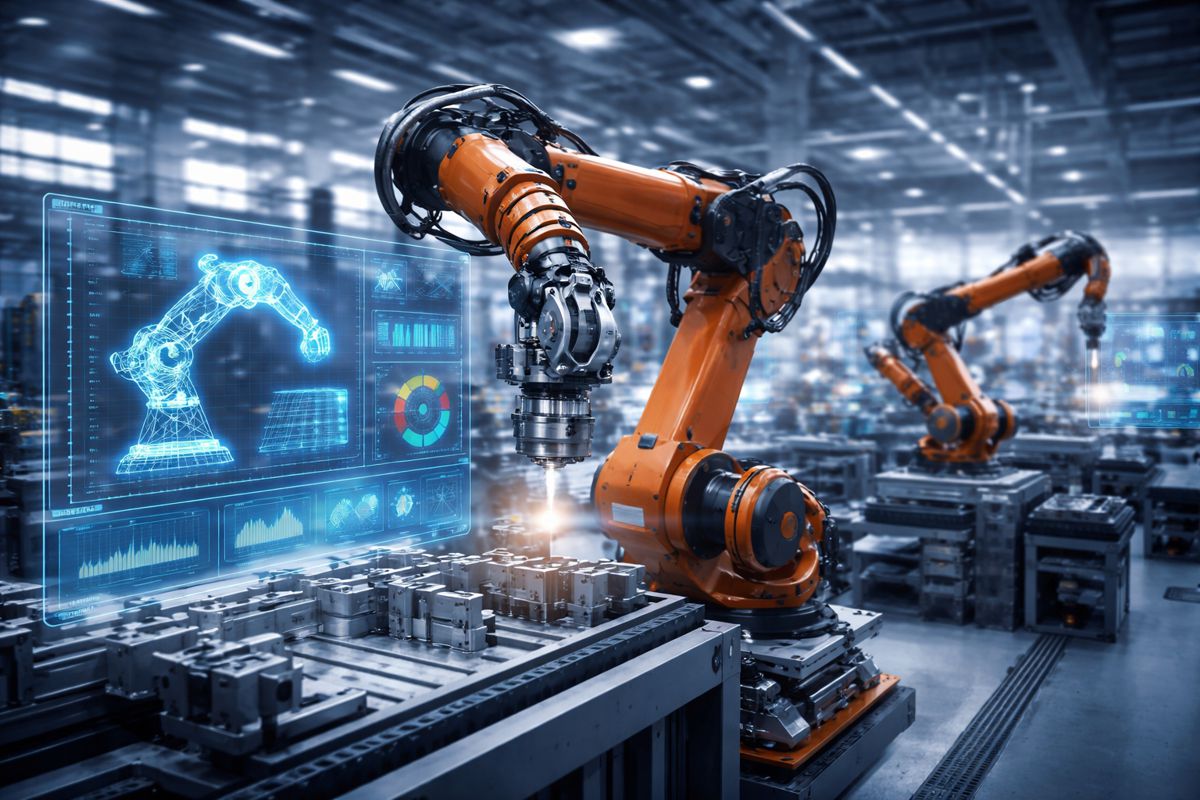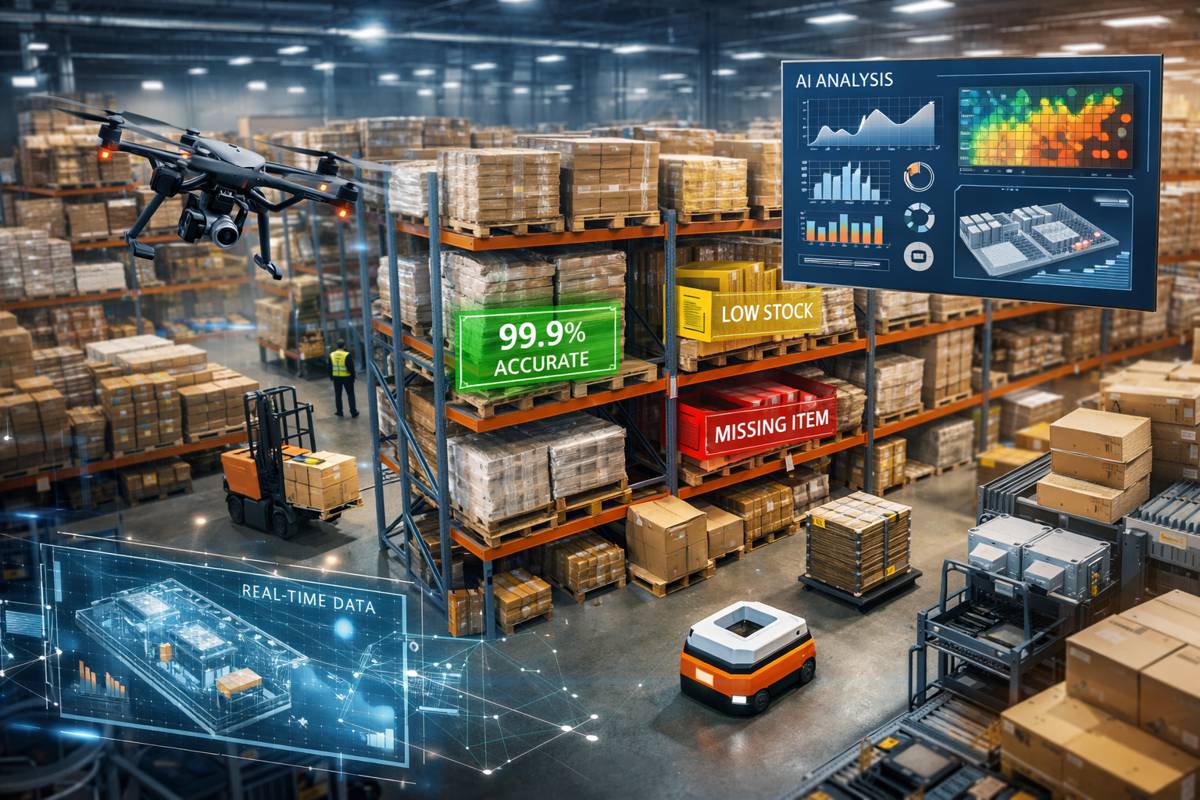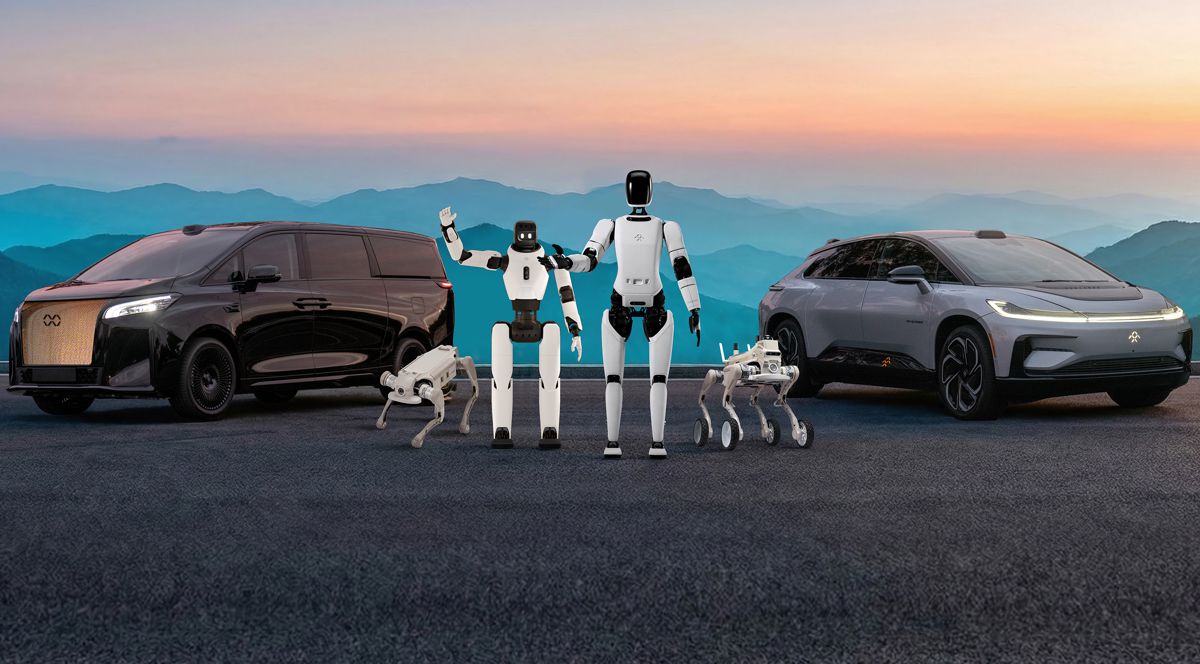New generations and Future Technology
Self-charging electric cars and public transport to space are the top of the future mobility wish list, according to today’s youngsters.
Over seven in 10 children aged 6-10 (72 per cent) said self-charging electric cars were an invention they’d like to see, while over half would like a flying car (51 per cent).
And almost two in 10 (17 per cent) want to go to space via public transport.
When asked about other inventions for their future tech wish list, the transport theme continued with teleportation and a flying school bus, as well as robots.
According to the poll of 1,000 children aged 6-10, 65 per cent think technology can make the world a better place, for making and building things (59 per cent) and learning (56 per cent).
Over half of their adult counterparts (51 per cent) also believe that technological developments are essential for driving progress in society.
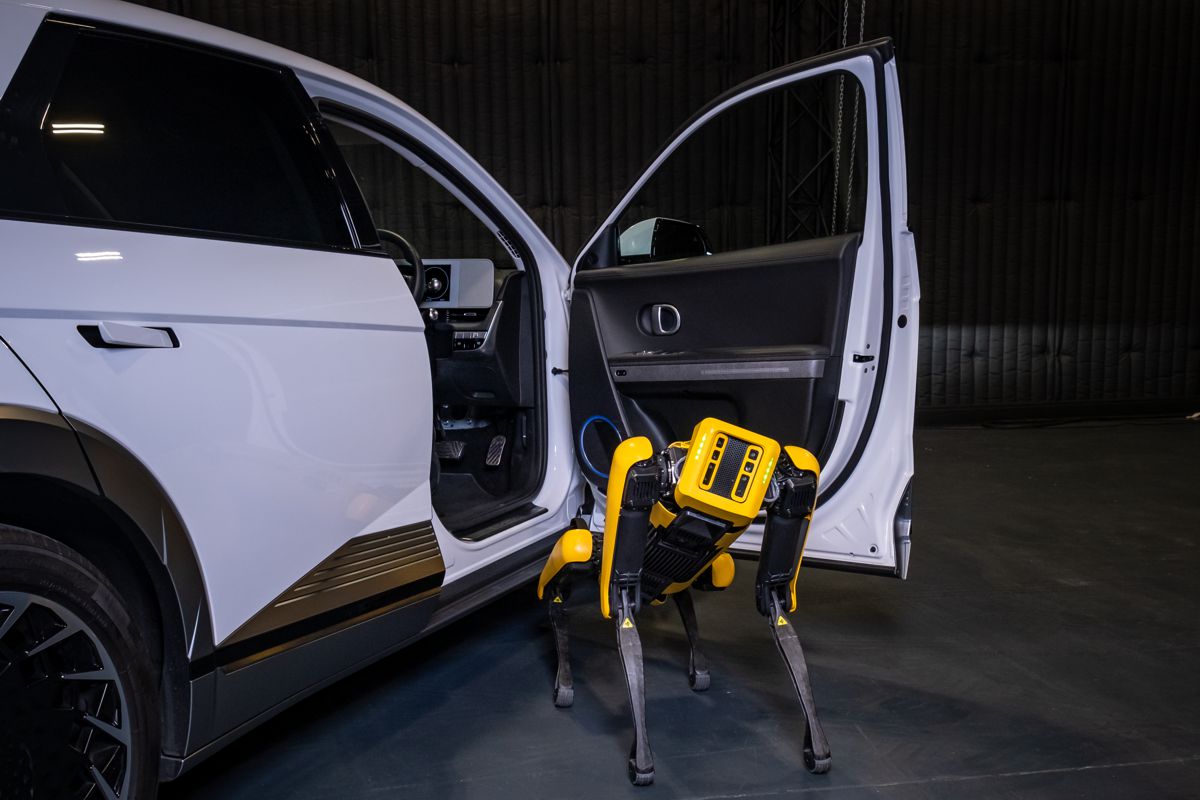
According to the poll of 2,000 UK adults, scientific research, healthcare, business and education are all areas where people believe technology holds the key to success.
When considering the impact of technology on their day-to-day lives and its benefits, almost two thirds of Brits (62 per cent) said they recognised the role technology has played in their personal mobility.
Meanwhile, transport was also a key area for tech developments, with 23 per cent saying it would benefit from technological advances.
There is a clear appetite for mobility to be more sustainable, as 38 per cent of Brits said they felt tech could be deployed to improve transport and mobility’s environmental credentials.
Echoing their younger counterparts, when asked about the technology they were most excited about, robots, flying and autonomous cars all featured heavily for adults, while renewables and AI were also high on the agenda.
The study exploring attitudes toward future technology was commissioned by Hyundai, as the brand looks to understand how adults and children perceive mobility solutions such as electric cars and flying taxis.
As Hyundai prepares new innovations like autonomous flying taxis, more than a third imagined such inventions wouldn’t be available for at least another 20 years.
And three-quarters didn’t know some modern electric cars can be used as charging points, to charge other electric vehicles around them, and indeed other essential personal tech.
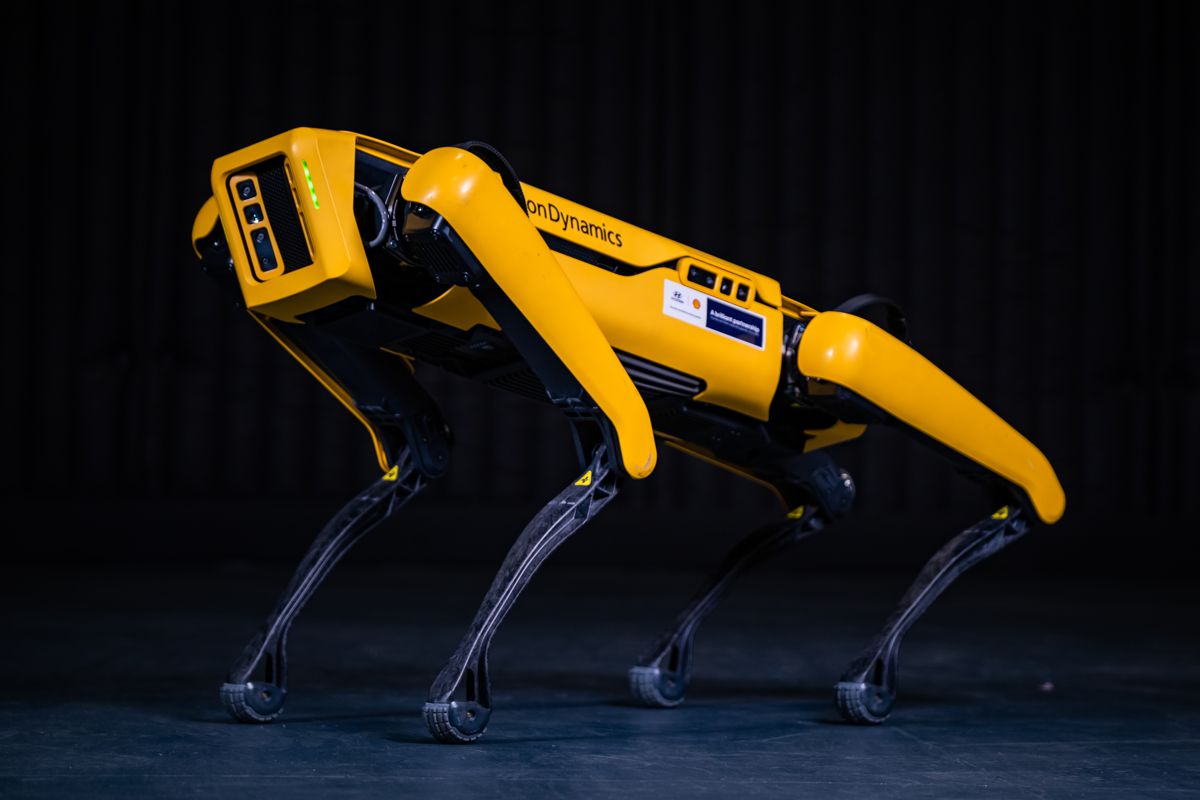
Ashley Andrew, Managing Director Hyundai Motor UK said: “It’s clear from our research that society is eager to embrace technology on a range of levels such as helping efforts to clean up the environment and offer clean mobility solutions, ultimately driving progress in the way we travel.
“Many of us are also intrigued by the potential capacities of robotics, and how this will determine the future of technology.”
Following the findings in the OnePoll research, people were asked how they feel about welcoming technology into their lives.
While expressing their thoughts in a video, participants got to experience the opportunity robotics presents for the future, with Spot the robotic dog from Boston Dynamics making a surprise appearance.
Participants also had the chance to see the Hyundai IONIQ 5 electric vehicle, which offers Vehicle-to-load (V2L), enabling other vehicles and personal electronics to be charged from its charging port.
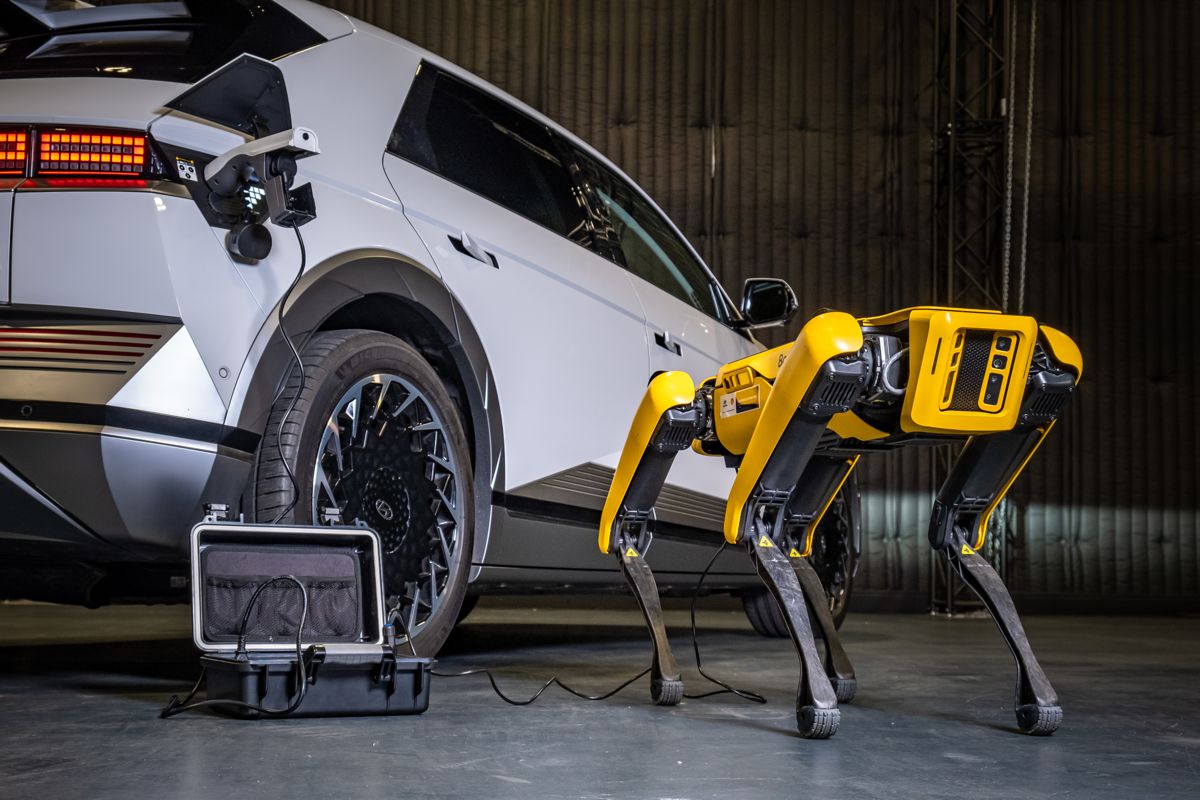
Nearly four in 10 adults have come to terms with the idea of interacting with robots in their daily life, and 31 per cent feel excited at the prospect.
And almost half – 47 per cent – said they believe robots to be useful, especially in the fields of scientific research, healthcare and transportation, and cited the abilities to learn, endure climate extremes and harsh terrain as important abilities.
Perhaps not surprisingly for generation alpha (children under 12), the key robot capabilities were the ability to do chores (55 per cent) and homework (47 per cent).
For social progress, adults rate robots higher than children. Almost a third of adults (32 per cent) said they’d be willing to befriend one, while only 24 per cent of children agreed.
The field of robotics is an important area of business development for Hyundai Motor Group further bolstered by the acquisition of Boston Dynamics.








